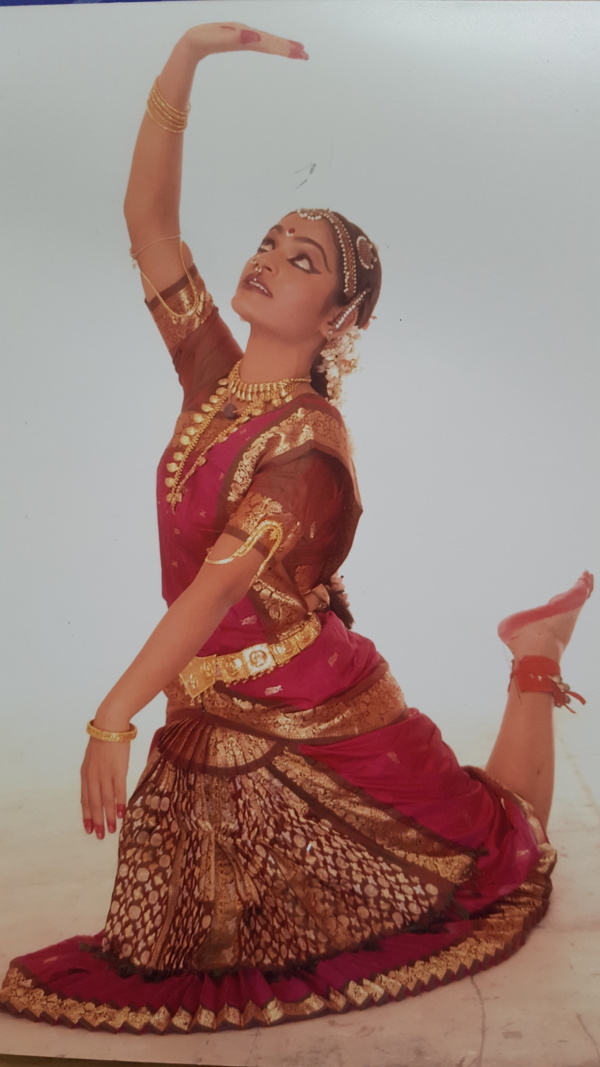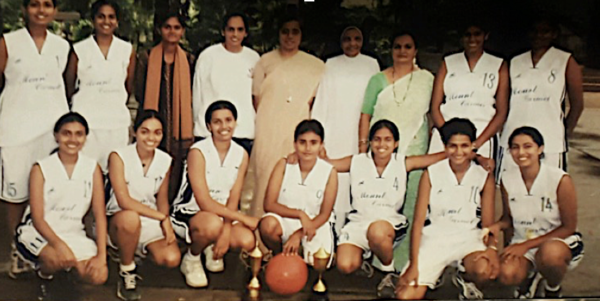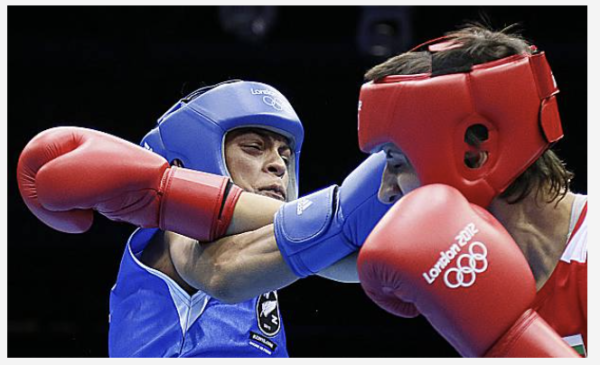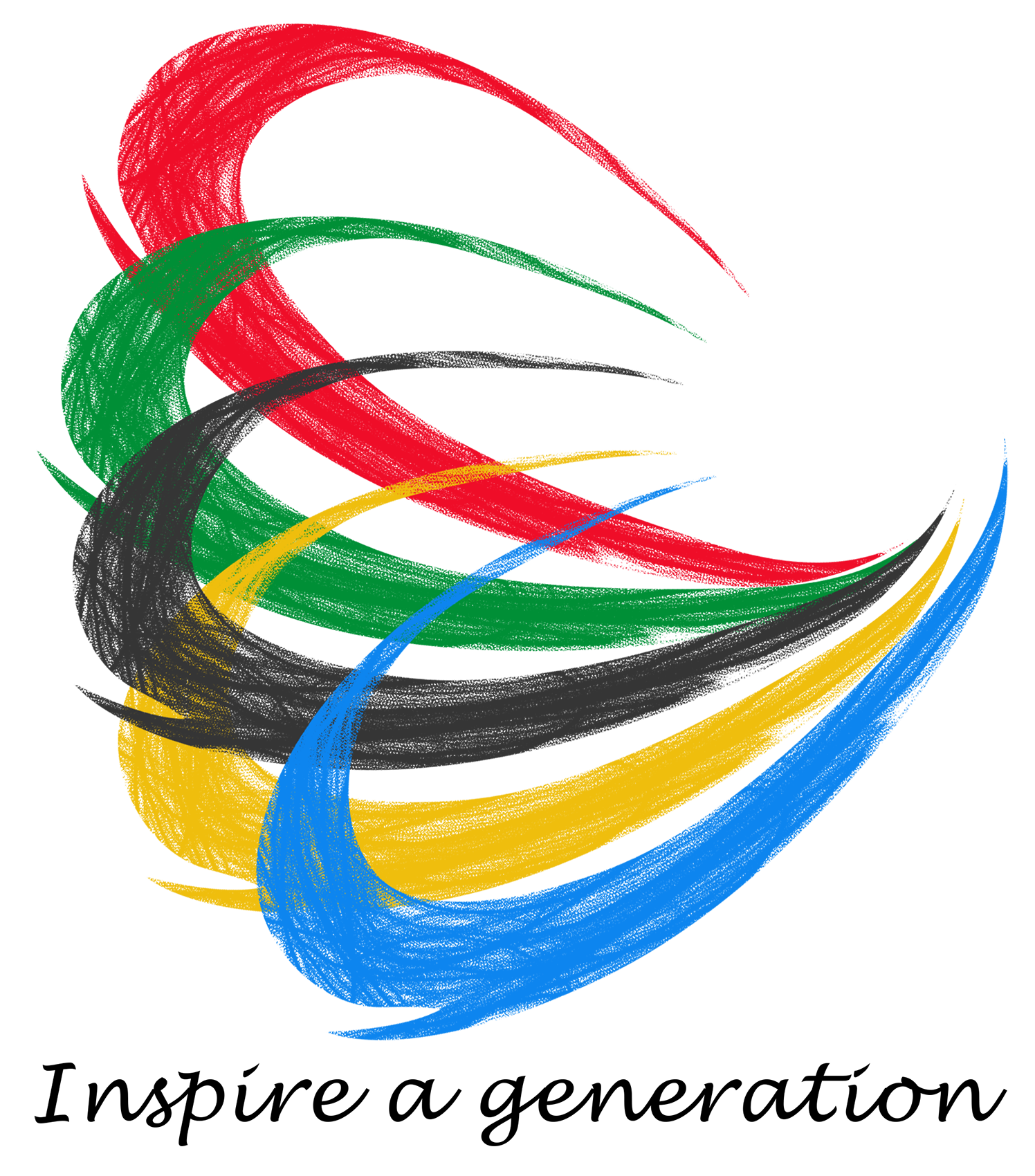Author
Siona Fernandes
We hear success stems from hard work, dedication, discipline, and sacrifice. While such mental faculties influence sporting success, advancing performance in sports could lend itself to the quality of movement in how we train. Take, for instance, choosing diverse movement skills over specializing in one sport.
In 2012, the Summer Olympic Games in London pioneered women to compete in Boxing. Having represented New Zealand at these games in the sport of boxing, I am asked,
“What got you this far? What does it take to be elite?”
I started reflecting on what had influenced my ability to succeed as an elite athlete at an Olympic-level sport.
The early years of movement skill development
My success is often attributed to boxing alone. But the path to my success in sport began at the age of seven when growing up in India my mother had enrolled me to learn Bharatanatyam, a traditional Indian dance. Dance gave me muscular strength, endurance, coordination, and spatial awareness. It also needed unwavering dedication and relentless self-discipline. Due to the complex flow of footwork, gestures, facial expressions and sustained mental focus, I grew determined to master the art. The following nine consecutive years of training instilled in me these mental and physical attributes.

My early years also included competitive basketball, table tennis, and athletics, and learning the violin as a hobby. There was even an opportunity to represent India in basketball at the National Asian school games. I had a short taste of glory being the first-ever probable selected from the state of Goa. Since I belonged to a family of academics, a future in sports was not approved.
One could summarise my early years by saying that I was a jack of all trades and a master of none. Yes, indeed. But in hindsight, my 10,000 hours had begun.
At 17, I received a national scholarship to advance study in Bharatanatyam (dance) and left home to resettle in India’s bustling IT city, Bangalore. Here, while completing a master’s degree, I continued playing competitive Basketball.

The transition
When I was 24, my family emigrated to New Zealand. Having completed my early years in India, and being an especially active child, I was in desperate need of physical activity. Perhaps a new skill to spark my interest? Indeed, I found something new. Only this time it was a sport I knew nothing about. It was Boxing.
Boxing was complex and mentally challenging. More than the need for footwork, coordination, and balance, to name the least, boxing also demands discipline, dedication, motivation, and hard work. As I discovered boxing, it felt like dancing where you float like a butterfly to sting like a bee. This felt familiar. It felt like home again. Kapow!
Skill transferability
In my early years, I persevered on any activity or skill that captured my interest. This developed an ability to overcome challenges and cultivate dedication and hard work towards achieving a goal. The learning from different movement skills and activities through dance, sports, and music shaped and sharpened my mind towards mastering a skill and achieving a goal.
Now at 28 years old, I was in peak physical and mental condition. With an opportunity to represent New Zealand in Boxing, I no longer played the jack of all trades. I realized that elite achievement needed a singular focus. I was ready to be the master of one. My childhood sporting and cultural experiences all came together, and I quickly learned the art of boxing. Did it take 10,000 hours? Oh no. Was it 10,000 hours of quality movement and mental skill development? As a matter of fact, it was – and it all began at the age of seven.

Competing in Elite Woman’s Boxing (51kg) at Olympic Games, London 2012
How can we view the development of children in their early years?
We should provide children with settings that nurture many different movement skills. Diverse learning circumstances may enable them to learn the mental attributes necessary for elite-level competition. Early years offer opportunities for children to learn skills that later combine to contribute to other complex skills to advance performance/achievement in a single sport or other relevant skills of interest.
Consider the whole personality of the child in their cultural context and develop a range of skills early on. Early and diverse participation, not specialisation, serves the various sporting interests of children, keeps them active and develops their potential to be elite tomorrow.
www.sionafernandes.com
Credits
Featured Image: Getty Images I Phil Walter
Cited Images: Siona Fernandes. All rights reserved.

8 thoughts on “The Quality of Eliteness: The Future of Elite-Sport Begins Young”
Phenomenal achievement
Meteorological rise
Hi Joao,
I’m Humbled. The achievement- is to see the journey as a combined outcome of different skills which come together at the right time (later age) at the right place (Olympics). Thank you for your support
Siona
I totally agree that children need to learn while they are young ;the art of movement, concentration, focus and dedication. I wonder how this will change as our world changes with so much of their learning online. How much physical movement and fitness and mental challenges will they have to succeed as an adult? I think this generation will be faced with many challenges. Excellent story to hear your journey !
Hi Christina,
An interesting question? I cannot imagine children learning such qualities in the current screen-based educational system. Implications of online learning environments may only set limits on the ‘complete holistic development a child needs. Whose to take responsibility for this? (parents, coaches, teachers, systems???).
xox
S
I think you are absolutely right, the Olympic medals represent the apex of a psychomotor path that begins from the birth of every human being, through a series of stimuli that are received first of all from parents and later from the attendance of environments in charge of perception. of one’s body, to its mastery in space, to the development and consolidation of all the basic motor patterns. Psychophysical qualities that are acquired from an early age, when the organism is comparable to a fertile ground in which everything that is sown, is harvested and the more it is sown, the more it is harvested.
Therefore, success in a specific sport represents the sum of all the motor experiences that each individual manages to acquire in his sporting life. All those activities that stimulate and sensitize the perception of one’s body, supported by a continuous practice that specializes and strengthens those who dedicate themselves to it, lead to the achievement of elite goals.
Coach Nino,
Wise and refreshing words from you, coach. Mentioning that “everything that is sown, is harvested and the more it is sown, the more it is harvested” is in my opinion a missing ingredient to the narrow view we take in the view of the early development of children today. In elite sport, as we know it, the whole is and will be the sum of its parts. Thanks for sharing your thoughts and support these views.
Grazie
Siona
Well done Siona, I completely agree.
I had a similar childhood, Started gymnastics at 6 years old moving into competitive National level at 9 years old when I took up diving for inter schools level and 400 metres running.. Selected for Olympic training squad at 12 years later discovered surfing .. Also started as a full time acrobat in a circus… NZ juniors championships surfing In later year took up Mu Thai martial arts and continue Body combat classes in my 60s.. Spent 10 years in India studying Indian classical music in India achieving Sanger Kriyod and touring the world as a sitarist.. where I also became a Tibetan Buddhist meditator. I’m living proof that a combination of mixed mental and physical disciplines are the key to a healthy life.
Kim ji,
There’s power in Lived experiences. Your story all to well acknowledges that being elite is a learned combination of our mental WITH the physical.
Namaste
Siona